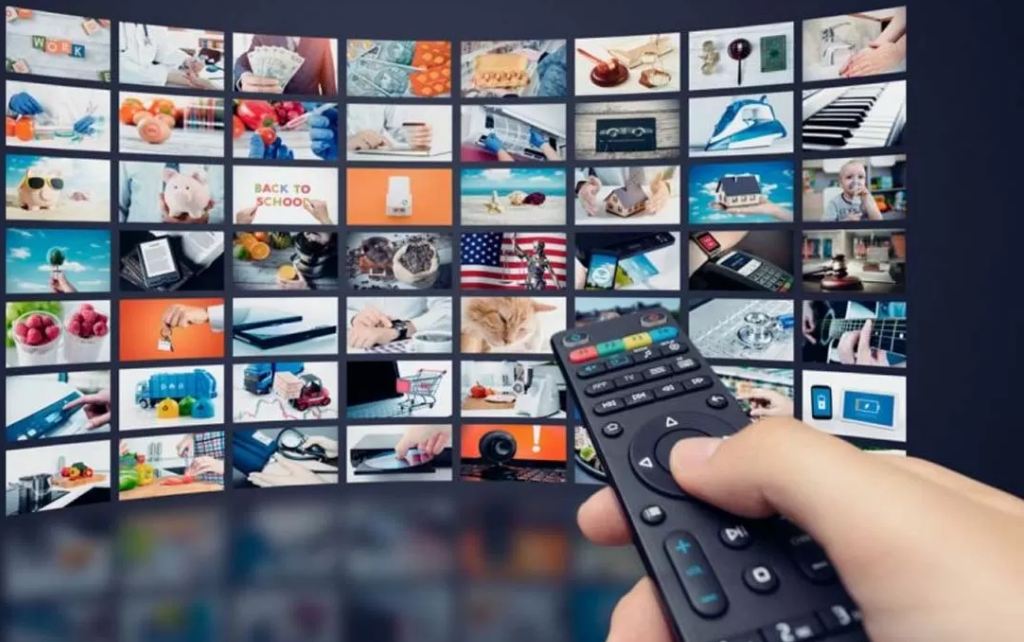
In the age of cord-cutting, many viewers are seeking alternatives to traditional cable television. IPTV (Internet Protocol Television) has emerged as a compelling option, offering a range of features that may make it more appealing than conventional cable services. In this blog, we’ll compare IPTV and traditional cable, examining aspects such as streaming quality, subscription plans, channel offerings, and user experience to help you determine which is better for your viewing needs.
Understanding IPTV and Traditional Cable
What is IPTV?
IPTV uses the internet to deliver television content directly to your devices. Unlike traditional cable, which transmits signals through coaxial cables, IPTV uses your internet connection to stream live TV and on-demand content. IPTV services often come with a subscription model, allowing users to choose from various pricing plans and channel lineups. This can include everything from popular channels to niche programming, catering to a wide range of interests.
What is Traditional Cable?
Traditional cable involves a physical connection from the cable company to your home, usually through a set-top box. Cable subscriptions typically bundle multiple channels into packages, which can be accessed via a remote control. While cable offers a reliable and established method of content delivery, it can also come with long-term contracts and hefty fees.
Key Comparisons
1. Installation and Setup
IPTV Installation: Setting up IPTV is usually straightforward. Most services only require a compatible smart device or a streaming device like Roku or Fire Stick. Users need a stable internet connection to enjoy seamless streaming. Some IPTV providers may even offer mobile apps for on-the-go access.
Traditional Cable Installation: Installing cable can be a cumbersome process. It often requires a technician to visit your home to install wiring and set up a cable box. This can involve significant time and inconvenience.
2. Subscription Plans and Pricing
IPTV Subscription: IPTV offers a variety of pricing plans, often with lower monthly fees compared to traditional cable. Many services provide trial periods and family plans, making it easier for users to find a plan that fits their needs. Additionally, some IPTV services offer free IPTV options, allowing users to explore content without financial commitment.
Traditional Cable Subscription: Cable subscriptions can be expensive and typically involve long-term contracts. Price comparisons often reveal that cable services include hidden fees, making them less transparent than IPTV pricing.
3. Channel Lineup
IPTV Channels: IPTV services usually offer customizable channel lineups, including international channels, sports packages, and niche content. Users can often select channels that match their interests, enhancing the viewing experience. Many IPTV services also include pay-per-view options for special events.
Traditional Cable Channels: Traditional cable typically offers fixed packages that include a set number of channels. While they may provide a wide variety of content, customization options are often limited.
4. Streaming Quality and Features
IPTV Streaming Quality: The streaming quality of IPTV largely depends on the user’s internet connection. With adequate bandwidth, users can enjoy high-definition video quality, minimal buffering, and low latency. IPTV services also often feature advanced functionalities like DVR, Electronic Program Guides (EPG), and multi-device streaming.
Traditional Cable Streaming Quality: Cable generally offers reliable streaming quality due to its dedicated infrastructure. However, it may lack some of the advanced features found in IPTV, such as on-demand content and user-friendly interfaces.
5. User Experience
IPTV User Experience: IPTV services tend to offer modern user interfaces that enhance the overall viewing experience. The integration of mobile apps allows for accessibility across various devices. Customer support options are often available, with user reviews frequently highlighting the convenience of multi-room setups.
Traditional Cable User Experience: While cable companies often provide a consistent user experience, many customers report frustration with outdated technology, clunky interfaces, and poor customer service. Navigating channel lineups can also be cumbersome compared to the intuitive guides offered by IPTV services.
6. Content Delivery and Licensing
IPTV Content Delivery: IPTV utilizes advanced content delivery methods, often providing a richer content catalog. The flexibility of streaming rights allows IPTV providers to offer a broader range of programming, including educational content and niche channels.
Traditional Cable Content Delivery: Cable’s content delivery is limited by regional restrictions and licensing agreements, which can affect the availability of certain channels or shows. Users may miss out on specific content depending on their location.
7. Security and Reliability
IPTV Security: When using IPTV, especially with a VPN, users can enjoy enhanced privacy and security. Many IPTV providers take measures to ensure user data is protected, which is increasingly important in today’s digital landscape.
Traditional Cable Security: Cable services generally offer a reliable connection but may not provide the same level of security as IPTV. Customers often rely on their ISP for internet security, which may vary in effectiveness.
Conclusion: Which is Better?
Ultimately, the choice between IPTV and traditional cable depends on individual preferences and viewing habits. IPTV offers a modern, flexible, and often more affordable alternative to traditional cable. With customizable subscriptions, a variety of channels, and enhanced features like on-demand content and DVR capabilities, IPTV can provide a richer viewing experience.
Conversely, traditional cable might appeal to those who prefer a more established service with guaranteed reliability. For viewers who prioritize streaming quality and features, along with the freedom of cord-cutting, IPTV emerges as a strong contender.
As you consider your options, think about your viewing habits, preferred content, and budget. With the right IPTV service, you can enjoy a world of entertainment tailored to your needs.

